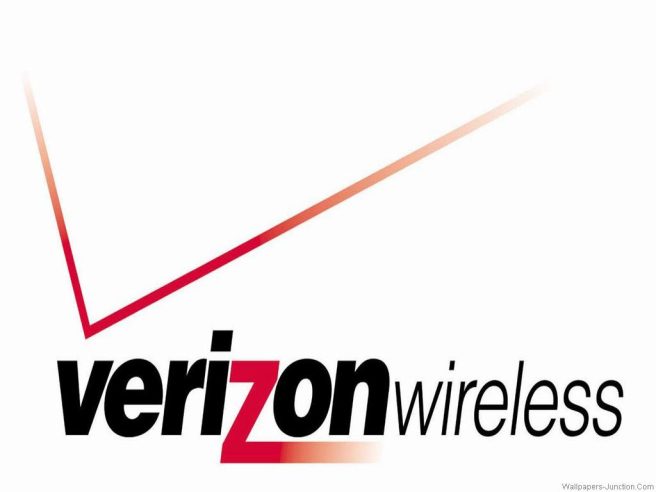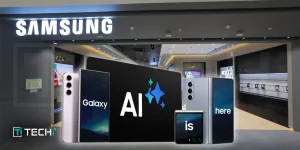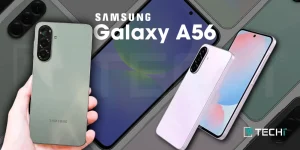Verizon and friends want to create their own application stores to compete with the likes of the Apple App Store and Google Apps Marketplace. That’s good, right? After all, isn’t competition a good thing?
In most cases, that would be true, but when a competitor holds the keys to all the doors and all owns the roads that leads to those doors, it can be very bad news.
Verizon has stated at CTIA Wireless 2010 that V Cast Apps — Verizon’s application store — will learn from Apple’s ways and give developers 70 percent of profits and keep 30 percent for themselves. But the company has also stated that it will help promote third-party applications and give them access to better billing options as well, which would certainly lure in third-party developers looking for a payday. Verizon does have a substantial user base to offer developers.
With the track record the U.S. telecommunication companies have had over the past year, we’d be willing to bet that Verizon has two primary goals with their release of their very own App Store: make tons of money and prevent others from making money. Not the slightest bit shocking.
But when you think about it, the big money in the future revolves around mobile applications, and those companies who control the marketplaces/stores for these applications are the big winners. Right now, the king of the crop is Apple.
However, if we allow the carriers to get into the mix, there are some serious issues that arise.
The big one is that this could enable virtual monopolies — ones that even Google or Apple simply could not compete with — phone manufacturers could sign deals with the mobile providers that would lock them into the carrier’s App Stores.
Sound familiar? It should, because that is what we currently have with most non smart phones today.
Imagine, if you will, that AT&T, Verizon, Sprint, and T-Mobile all decide to create their very own App Stores (which would not shock anyone). Now, imagine they tell Google, Apple, BlackBerry, and Microsoft that they have to utilize these carrier’s proprietary stores if they want to have their phones on their networks. Could you see how that might be quite devastating to a few of these companies? How could they possibly compete?
Even worse is that applications could be developed specifically for carriers instead of platforms — this creates strong segmentation in the marketplace, which is bad for innovation and accessibility of mobile technology and applications. It hurts competition for the entire mobile industry, and it will stifle innovation.
Last, but not least, it gives mobile providers far too much control. We have been graced with the ability to stick it to the carriers when considering how far we have come. Cell phones used to be so locked down and useless for anything but calling someone and texting, but look at where we are now. Look at where we have come from in only a few years time.
Should those companies that were so determined to keep us under lock and key (and still are) be allowed to do it again?
Absolutely not!
Unfortunately, developers just see the dollar signs, and they will continue to develop for these carrier-specific stores if they can pay them the big bucks. It is just so unfortunate that people seem so willing to restore control to these corporations that have their own interests — and not the consumer’s — in mind.
In the end, this is backwards thinking mentality, and I hope for the sake of the mobile industry that carriers don’t get control of mobile application marketplaces — it really could ruin all this progress that the industry has made.





